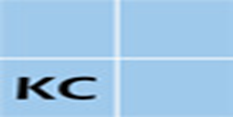
Name of Journal:
International Journal for Conventional and Non-Conventional Warfare
Journal Frequency: 2 Issues Per Year (Bi Annual)
ISSN Online: 3078-2996
ISSN Print: 3078-2988
Language: Multi Language
Publisher Address:
Research Corridor (PVT) Ltd, Pakistan























